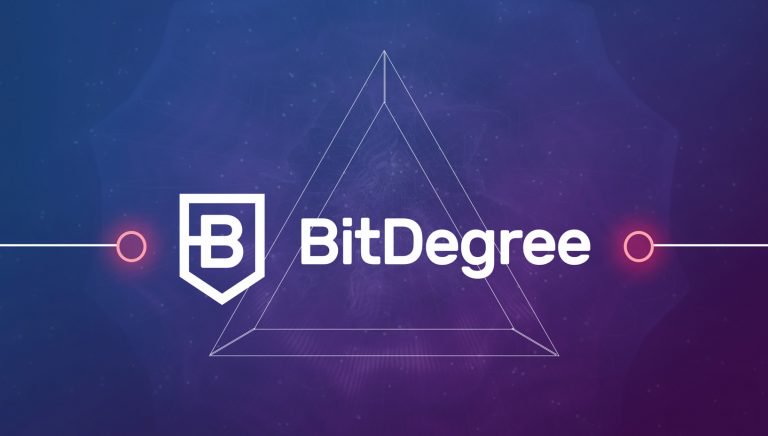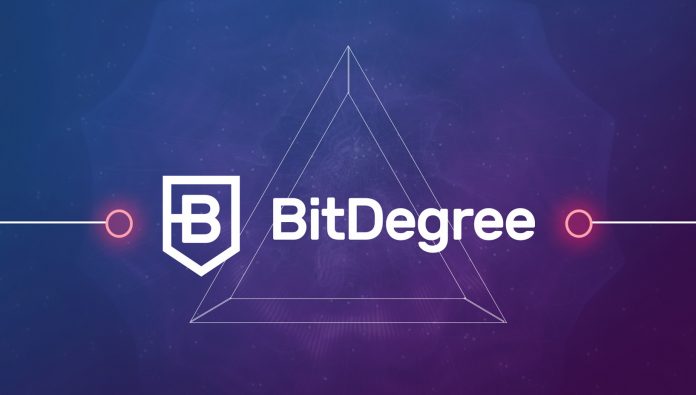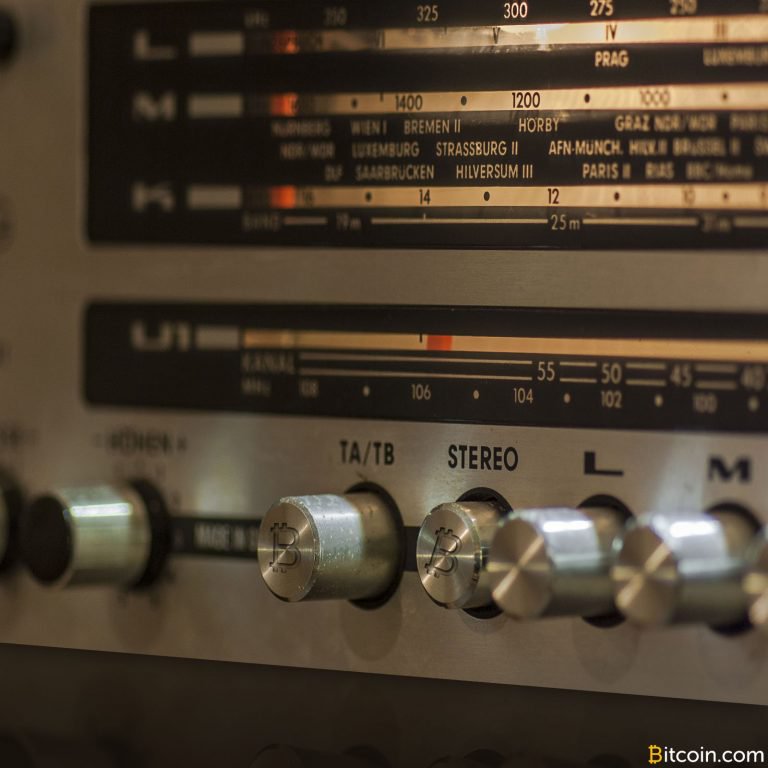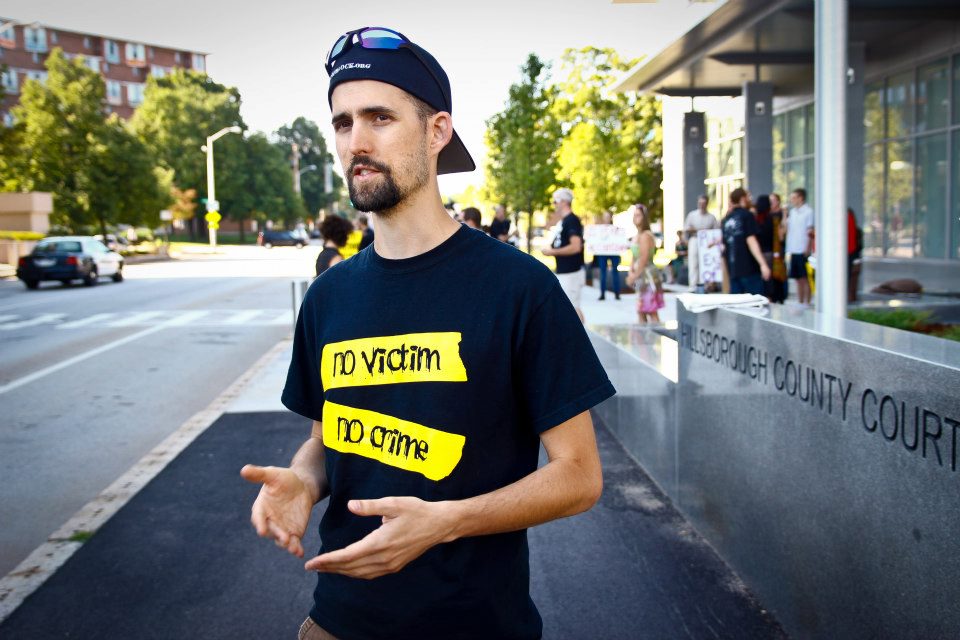This is a paid press release, which contains forward looking statements, and should be treated as advertising or promotional material. Bitcoin.com does not endorse nor support this product/service. Bitcoin.com is not responsible for or liable for any content, accuracy or quality within the press release.
ModulTrade, one of the first blockchain projects in the trade finance sector, comes to market with a new digital trade concept, to allow small businesses from around the world to trade efficiently, securely, and with ease. A smart-contract based Eco-system, ModulTrade will provide micro, small and medium enterprises (MSME’s) with a comprehensive range of services, minimize traditional charges and support cross-border trade with emerging markets.
While mainstream institutions have rested, the London based company has identified the struggles and barriers MSME’s face with the current banking system, and have undertaken the first steps in laying down the foundations to utilize blockchain technology to build a robust Eco-system that is fit for purpose.
ModulTrade’s proposition leads the way in using blockchain technology, famously known for supporting the creation of digital currencies, to its full potential, and applies the ground-breaking lesson of the distributed ledger to trade, leaping over legacy systems and operations.
Within the ModulTrade Value Eco-system, millions of MSME’s will be connected to meet, commit and execute trades. Businesses will be matched with suppliers, with funds and reputation verified and clear trade ledgers, as goods are tracked to the point of delivery. As a result, building trust and transparency, all the while expanding their reach further than currently possible, widening MSME’s status from local to global.
A disruptor in the market, the innovative core of ModulTrade’s proposition will democratize global trade by connecting the heart of blockchain technology to real life trade transactions, diminishing the lengthy letters of credit process, which often results in the end of the trade cycle for many MSME’s. With decisions made automatically through its’ smart-contract technology, ModulTrade’s Value Eco-system will completely streamline the full trade process, saving time and money.
Combining the development of ModulTrade’s Value Eco-system with the launch of the new ModulTrade crypto token (MTRc) will provide the golden ticket to buy and exchange directly within the platform. Architected on Ethereum and complying with the widely-accepted ERC-20 token standard, users of ModulTrade will be able to exchange value in real-time. MTRc will also be compatible with all ether wallets and can be easily added to common crypto-exchanges for trading.
With an average of 20 years of experience in financial trade, the ModulTrade team have joined forces to revolutionise the industry, with a shared passion to re-invent the way MSME’s operate and trade. On the concept, Evgeny Kaplin, ModulTrade CEO, commented: “We are passionate about giving all businesses, no matter their size or location, the same opportunities to build, develop and grow their companies akin to big corporations.
Our proposition aims to increase accessibility and minimise costs, and with smart-contracts and blockchain, we can mimic traditional banking systems, but at a transaction fee of as little as 1%; compared to current charges at 4-15%. Through our token sale, we want to empower MSME’s and with the support of participants, we hope to make the ModulTrade concept a reality.”
ModulTrade rises above others by creating opportunities for not just users of the eco-system, but also added benefit to the ongoing development of the technology and provides a networking platform for service providers.
The launch of ModulTrade’s token sale provides a means to scale out the current beta pilot and go global with a message of transformation and opportunity for all businesses, whatever the size, wherever the location.
For more information, visit https://modultrade.io/. ModulTrade pre-sale started from 03 October 12:00pm CET. Main sale date will be announced.
Disclaimers
MTRc’s are tokens in ModulTrade’s blockchain-based platform and value eco-system.
They are not refundable, nor are they securities, or for speculation. There is no promise of future performance. There is no suggestion or promise that MTRc has or will hold a particular value. MTRc’s give no rights in the company and do not represent participation in the company. MTRc’s are sold as a functional utility. Any value received by company may be spent without conditions. MTRc’s are meant only for experts in cryptographic tokens and blockchain-based software systems.
ABOUT MODULTRADE’S TOKEN SALE
Token Symbol: MTRc
Pre-sale price: 1MTRc = 1ETH/700
Token sale price: will be not less than 1MTRc = 1ETH/700 and determined 2 weeks prior to main
Token Sale
There will be a limited supply of 100 million MTRc in total. 40% will be distributed during Pre-Sale and Token Sale
● up to 10,000,000 MTRc will be distributed during a Pre-Sale
● up to 30,000,000 MTRc will be distributed during a Token Sale
Unsold MTRc tokens offered for sale will be destroyed and no more distributed after the Token Sale ends.
Timeline
Pre-sale started on October 03, 2017
Token Sale starts in November, 2017
Soft cap 15’000ETH
Hard cap to be announced 2 weeks prior the Token Sale
Accepted currencies
ETH & BTC & Fiat currencies
Bonuses structure
Discount # of tokens to be sold
Pre-sale 40% 10,000,000
Token sale Phase 1 25% 6,000,000
Phase 2 15% 7,000,000
Phase 3 10% 8,000,000
Phase 4 0% 9,000,000
+5% discount for the amount from 100 ETH
+10% discount for the amount from 1’000 ETH
Distribution MTRc tokens will be distributed in the following way:
40% (Pre-sale-10%, Token sale 30%); Post Sale: Product development 20%; Ecosystem creation 22%; Team 15% (5% will be distributed within 6 months after the Token sale is finished, 5% will be released after the 1st year, 5%- after the 2nd year); Advisory 3%.
Token purchase During Pre-sale purchases can be executed
● in ETH & BTC through ModulTrade website https://modultrade.io (ONLY);
● in fiat currencies (min USD50k) via separate Token Pre-Sale Agreement.
ABOUT MODULTRADE’S GOVERNANCE
ModulTrade takes the safeguarding of all participants in the token sale seriously. Security is one of ModulTrade’s core principles, with the team taking several steps to provide the best possible governance of the token sale and protection of the platform technology. ModulTrade is working with professional and experienced financial consultants, applying best practice procedures to ensure a structured token sale. All steps have been taken to protect the participant, through implementing independent audits, validation of the ModulTrade proposition and a secure wallet controlled and protected by an independent qualified entity.
Understanding the risks of cyber hacks, ModulTrade is enforcing full cyber security across all ModulTrade online channels. An independent auditor has been recruited to ensure protection and participants funds are not jeopardised. In the event of a security breach, ModulTrade, with the help of cyber security experts and communications team, will inform participants of such and provide clear instructions.
This is a paid press release. Readers should do their own due diligence before taking any actions related to the promoted company or any of its affiliates or services. Bitcoin.com is not responsible, directly or indirectly, for any damage or loss caused or alleged to be caused by or in connection with the use of or reliance on any content, goods or services mentioned in the press release.







 Free Talk Live: ‘We’ve Played Recorded Ads for Bitcoin and Talked About Bitcoin Live On-Air for Six Years’
Free Talk Live: ‘We’ve Played Recorded Ads for Bitcoin and Talked About Bitcoin Live On-Air for Six Years’

